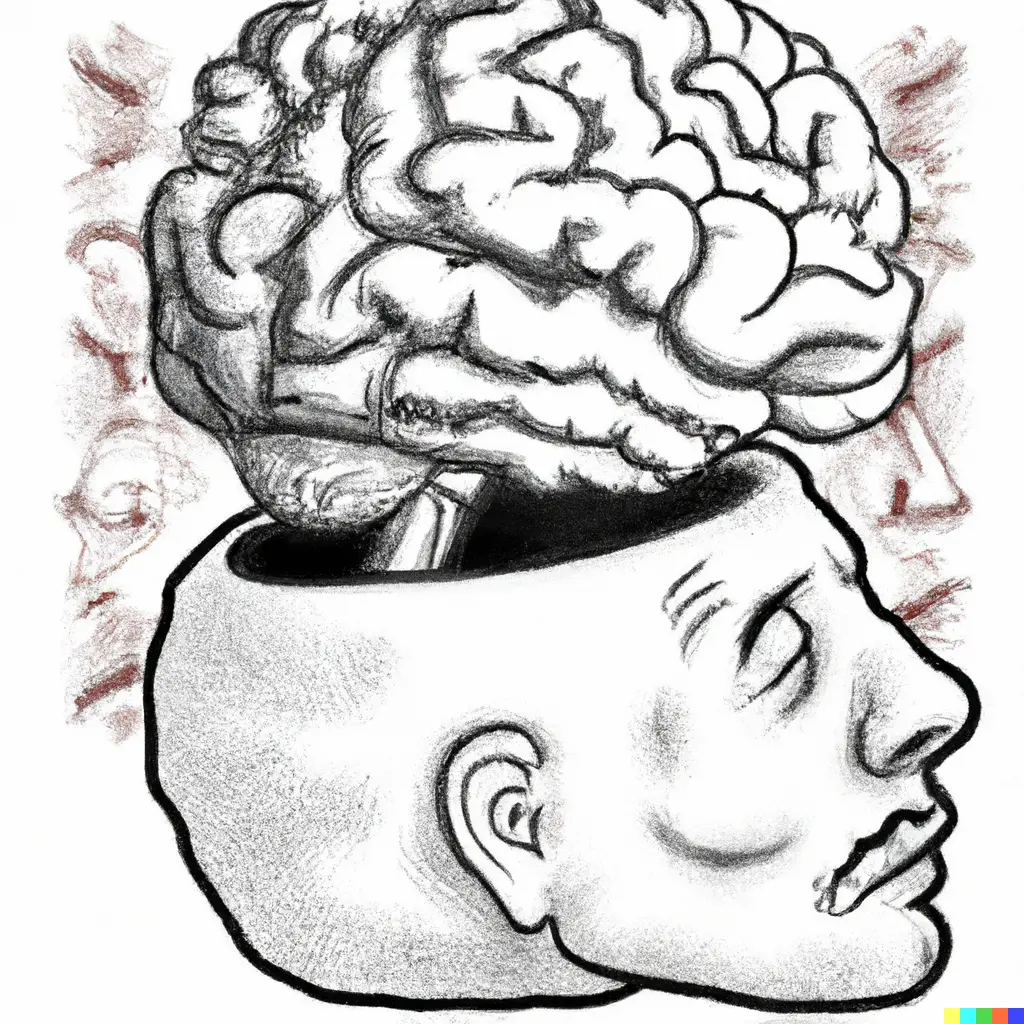How to Take Care Of Your Brain | 8 Ways For Care You

There are many simple steps you can take to protect and support your brain health. In this article, we will discuss some of the best ways to take care of your brain and keep it functioning at its best. Here are some general tips for taking care of your brain:
Eat A Healthy Diet
A well-balanced diet that is rich in fruits, vegetables, and whole grains can provide the nutrients that the brain needs to function properly. These nutrients include vitamins, minerals, and antioxidants, which can help protect the brain from damage and support its overall health.
8 Unknown Reasons Why Eating A Healthy Diet is Better For Your Brain
- Improve brain function and cognitive function. Studies have shown, for example, that a diet high in fruits, vegetables, and healthy fats may help to protect against age-related decline in cognitive function.
- Increasing blood flow to your brain is vital for optimal brain function. Foods rich in omega-3 fats, such as nuts and salmon, can improve blood flow to your brain.
- A healthy diet will provide all the nutrients needed for brain growth and development. A diet rich in protein, vitamins, and minerals, for example, can help support the growth and development of new brain cells.
- Reduces the risk of chronic illnesses, like diabetes and heart disease, that can harm brain health. A diet high in unprocessed, whole foods, and low in processed food, can reduce the risk.
- A healthy diet may help reduce inflammation, which is harmful to the brain. A diet high in antioxidants and other polyphenols (such as those found in leafy greens and berries) can reduce inflammation and help protect the brain.
- Improve mental health and regulate mood. A diet rich in essential nutrients such as B vitamins and magnesium can improve depression and anxiety symptoms.
- Maintaining a healthy body weight is essential for brain health and overall well-being. A diet high in nutrients and low in calories can support a healthy body weight and prevent obesity. Obesity has been linked with cognitive decline.
- Sleep is essential for brain health. A diet rich in foods such as turkey, nuts, and other foods high in tryptophan can improve sleep and brain function.
FAQs
How can I make my brain healthy?
To lower your blood pressure and cholesterol, increase your physical activity and eat a Mediterranean-style diet. Tobacco and alcohol consumption also affect brain health, so drink alcohol moderately and avoid smoking.
What three things does your brain need to function?
For your brain to function properly, it also requires special chemicals: glucose, vitamins, and minerals. The fuel (energy), for example, that your brain needs is glucose. You can obtain glucose from carbohydrates or foods that are capable of converting to glucose.
What are brain exercises?
Crossword puzzles, Sudoku, jigsaws, and other games based on logic, maths, words, and visuospatial abilities are excellent ways to boost brainpower. These games challenge the brain and improve memory and processing speed.
What reduces brain cells?
As people age, they lose brain cells and the brain’s volume also decreases. However, healthcare providers refer to “brain atrophy”, when there are more changes in the brain than is expected. The damage occurs faster than normal aging.
What drink improves memory?
Reviewing 21 human studies, it was found that drinking green tea can help with focus, memory, and attention ( 6, 7). The blood-brain barrier allows EGCG to enter the brain and exert positive effects on the brain.
